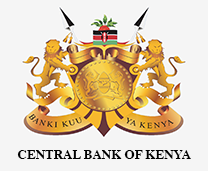Repo and Reverse Repo
Repurchase Agreements (Repo) are conducted whenever the Central Bank is mopping up excess liquidity from the domestic market. A Repo is a collateralized loan involving a contractual arrangement between two parties, whereby one party sells a security at a specified price with a commitment to buy back the same at a later date. The repo rate is the interest paid by the Central Bank to Commercial Banks for lending money in the repo market.
Reverse Repos, on the other hand, are conducted whenever the Central Bank is injecting liquidity into the domestic market. Reverse Repo transactions therefore, involve purchase of Government securities by the Central Bank from Commercial Banks. The reverse repo rate is the interest paid by commercial banks for borrowing money from the Central bank.
